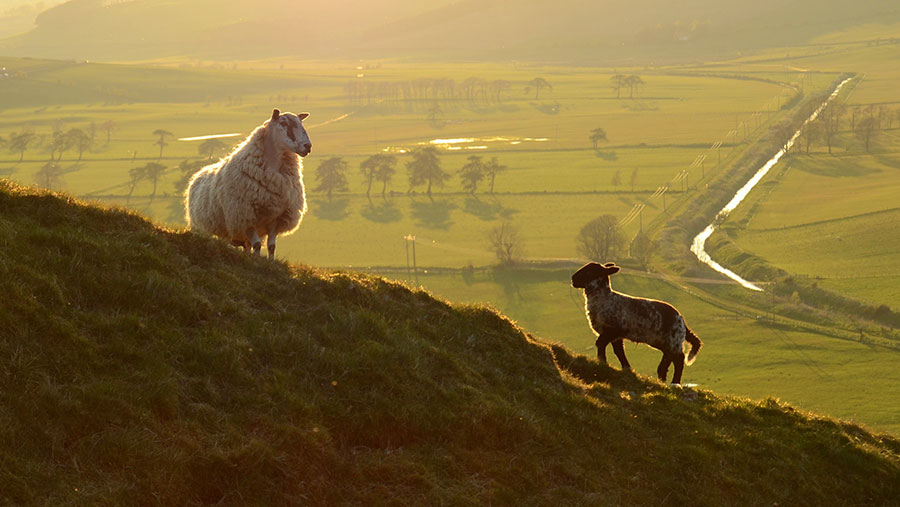Scottish government reaffirms backing for direct payments
 © Mr Doomits/Adobe Stock
© Mr Doomits/Adobe Stock Farmers and landowners have welcomed a Scottish government commitment to a direct payment regime for farming and food production beyond 2025.
The pledge has been made previously, but was reaffirmed in a statement clarifying the government’s long-term, post-Brexit plan for farming in Scotland.
See also: NFUS president launches blistering attack on farm policy
Listing the components of its vision for farming the Scottish government said it:
- Remained committed to a direct farm payment regime
- Supported active farming and food production
- Expected farmers to deliver reduced emissions and improve biodiversity
The document (PDF) also stated that any support mechanism adopted would take a whole-farm approach and be flexible enough to accommodate emerging best practice. It would also stay aligned with EU measures to avoid potential trade disruption caused by differing food standards.
The Scottish government added that its initial focus would be on reducing emissions from the livestock sector.
“Emissions from agriculture are still too high. We are still not managing to do simple, obvious things – such as improved slurry storage,” the statement said.
Longer term, the aim would include land management changes, peatland restoration and integration of woodland within farm systems.
And the statement pledged to continue working alongside farmers and crofters through its forthcoming National Test Programme – an initiative of knowledge exchange and improved environmental measurement tools.
Industry reaction
The statement was welcomed by landowner organisation Scottish Land & Estates (SLE) as important clarification.
“We have been pressing for change so that farmers and land managers are able to plan and invest for their long-term. We are pleased to see these calls being answered,” said SLE policy adviser Paul Richardson.
Mr Richardson also welcomed the government support for active farming and food production with direct payments.
But he added that while the statement was a further step in the right direction, more detail on exactly what would be expected from farmers and land managers was needed soon to help rural businesses plan ahead.
